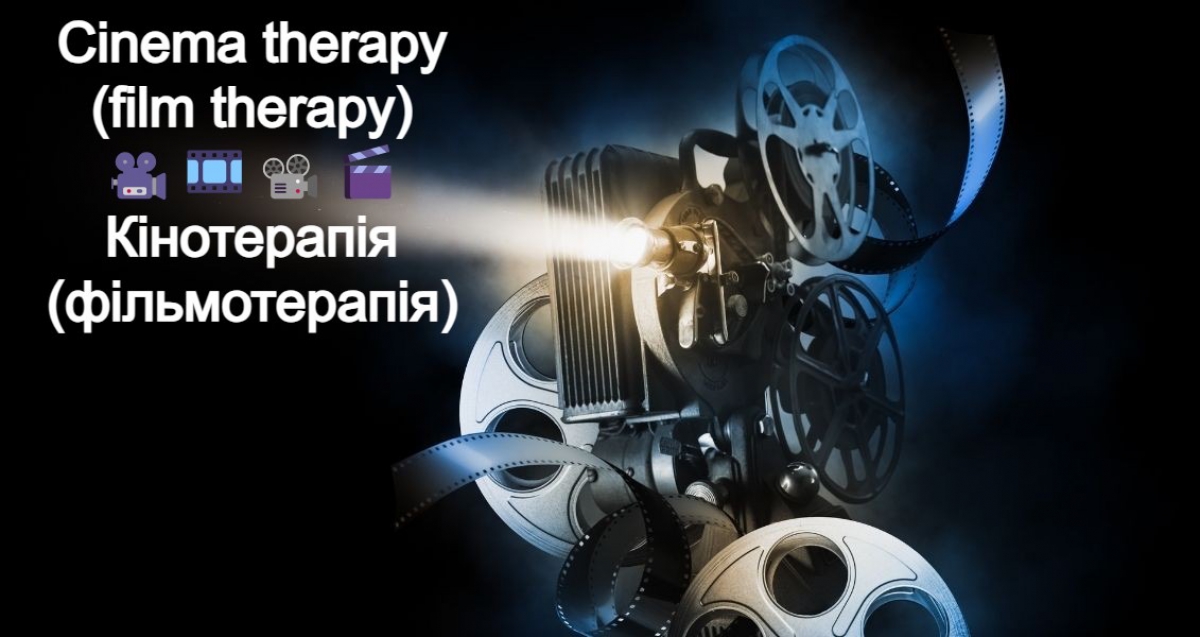On December 18, 2024, Edward Abashia, a lecturer in the Department of Psychology at the Dnipro Institute of PJSC "University of MAUP," a legal expert, and psychologist of the Amur-Nyzhniodnipro District Department of the State Institution "Probation Center" in the Dnipropetrovsk Region, conducted a psychotherapeutic training session with a probation subject. This session was dedicated to the International Film Day, celebrated annually on December 28.
The cinema therapy session was based on the film "Vukovar (Vukovar, jedna prica / Vukovar Poste Restante)" directed by Boro Drašković, released in 1994.
As part of the event, the probation subject completed a homework assignment, which included the following reflections:
- What aspects of the proposed film were liked or disliked?
- Are there any similarities between the film’s characters and the probation subject?
- What parallels can be drawn between the film's storyline and events taking place in Ukraine?
- How does the film inspire or motivate?
- What would the probation subject like to change (improve) in their life or within themselves?
- Does the probation subject have dreams, and how are they moving toward realizing those dreams?
- What conclusions did the probation subject draw for themselves after watching the film?
Film therapy (or cinema therapy) is a branch of psychotherapy that involves a system of methods based on analyzing a person’s reactions during and after watching a film, aimed at emotional healing.
During a cinema therapy session, the viewer analyzes the film based on the concept of projection, where the perception of reality depends on the individual's inner state. This analysis uses the film's storyline or specific episodes to interpret what has been seen.
Cinema therapy can also teach an individual to be attentive to their thinking patterns, personal choices, and needs, as these form the foundation of their life.
Clients watch the same film, but each person perceives the situation differently. This is the unique value of such sessions, as this learning experience allows individuals to broaden their perspectives and view personal or other aspects of life from a new angle.
People typically notice themselves only in the mirror. Therefore, it is common for individuals to blame others for something without seeing themselves from the outside. A viewer watching a film has the opportunity to recognize their problem, face it, understand it, and enhance their ability to critically analyze life situations, noted the psychologist.
 Eng
Eng  Укр
Укр 